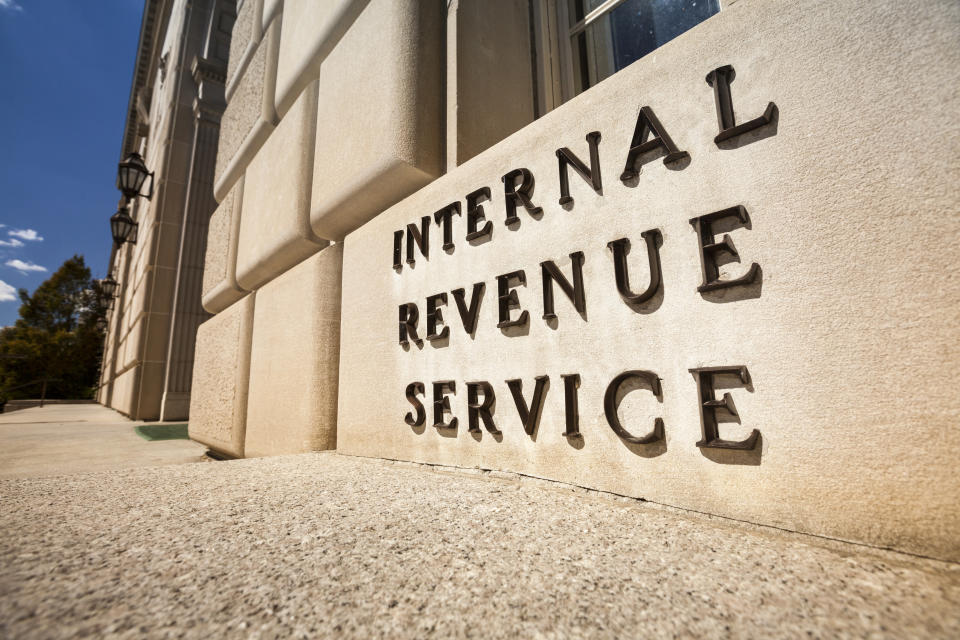This is why you could get another check from the IRS
Almost 14 million Americans will get a check or direct deposit from the Internal Revenue Service, paying them interest on the tax refunds they received this year.
Here’s what to know about these payments, including if you should expect one.
Who is getting an interest payment?
About 13.9 million individual taxpayers who filed their 2019 federal income tax returns on time and who got or will get a refund will receive an interest payment. The deadline for this year’s tax returns was July 15, which was extended from the traditional deadline of April 15 because of the coronavirus pandemic.
This refund interest only applies to individual income tax filers; businesses are not eligible.
How much is the payment?

The payments aren’t much, averaging about $18 per person, according to the IRS.
The IRS uses the legally prescribed rate that is adjusted quarterly to calculate the interest. That rate for the second quarter was 5%, compounded daily. The rate for the third quarter, which started in July, fell to 3%, compounded daily. A blended rate is used if the calculation period spans quarters.
How will I get the payment?
The IRS and Treasury Department are sending out the interest payments this week. Most interest payments will be issued separately from tax refunds. If you received your tax refund by direct deposit, then you most likely will get your interest payment the same way. The IRS expects to deliver about 12 million payments by direct deposit.
Otherwise, you will receive a check. There will be a “INT Amount” notation on the check, identifying it as an interest payment.
Why am I getting this payment?

Typically, the IRS must add interest to tax refunds if you file a tax return on time and a refund is issued more than 45 days after the return due date.
But this year, the reason is different. The extended July 15 deadline is considered a disaster-related postponement of the filing deadline because of COVID-19. In the case of a disaster-related postponement, the IRS must pay interest — calculated from the original April 15 filing deadline — as long as you file your federal income tax return by the new deadline.
What else do I need to know?
These interest payments are taxable by law. If you get an interest payment, you must report the interest on your 2020 federal income tax return you file next year. The IRS will send you Form 1099-INT in January 2021 if you get at least $10 in interest.
Janna is an editor for Yahoo Money and Cashay, a new personal finance website. Follow her on Twitter @JannaHerron.
Read more information and tips in our Taxes section
Read more personal finance information, news, and tips on Cashay





